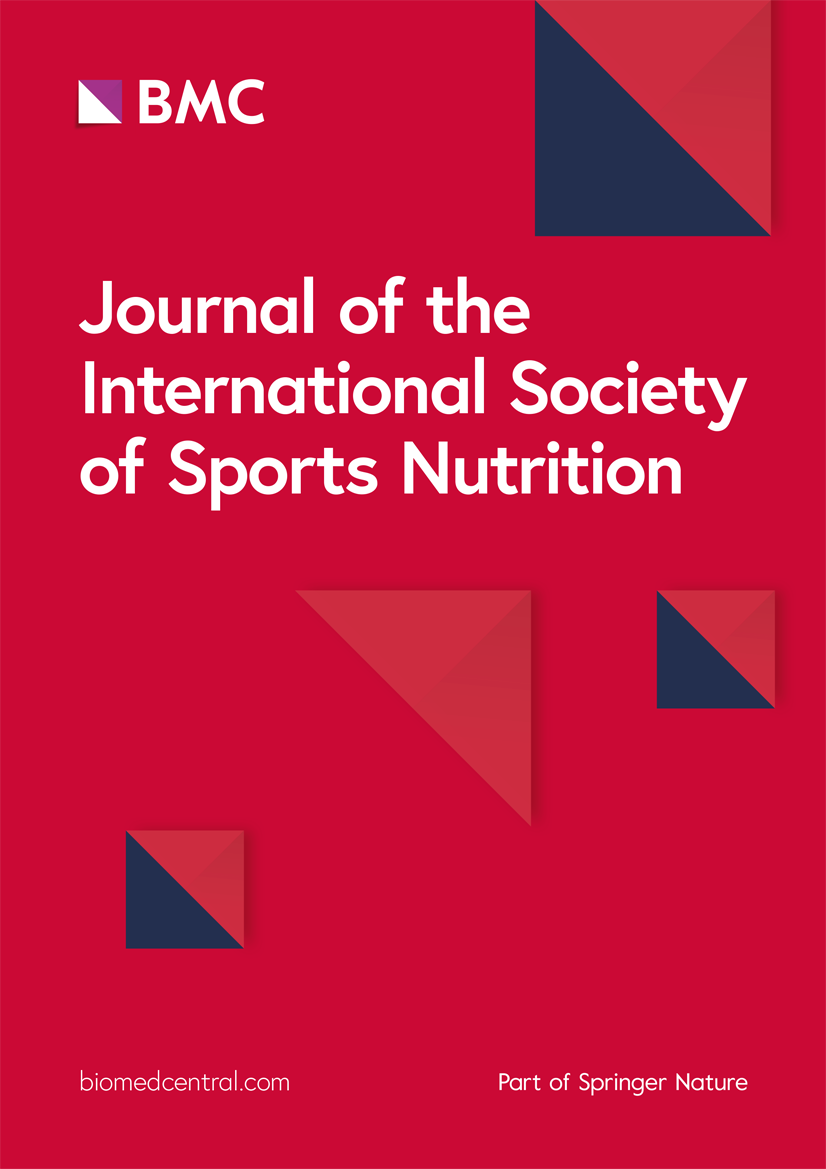Hello, folks.
First of all, I'm aware of TBAB and How to optimize protein intake articles and with BBM guidelines. What I have been looking for, and I think the unmoderated forum in sufficient to help with this, is scientific literature endorsing the 1.6~2.# grams of protein per kg of body weight. I've been trying to steer a family member into eating more protein in a day than the 0.8~1g she's aiming at. Therefore, the more factual and less biased to a certain ethos (as myself and BBM), the better. I have looked for references on the articles I mentioned, but I think the doctors started to put them in the articles after that time. However, I'm sure they have already been provided in the forums, at least, but the search didn't help much.
Thanks!
First of all, I'm aware of TBAB and How to optimize protein intake articles and with BBM guidelines. What I have been looking for, and I think the unmoderated forum in sufficient to help with this, is scientific literature endorsing the 1.6~2.# grams of protein per kg of body weight. I've been trying to steer a family member into eating more protein in a day than the 0.8~1g she's aiming at. Therefore, the more factual and less biased to a certain ethos (as myself and BBM), the better. I have looked for references on the articles I mentioned, but I think the doctors started to put them in the articles after that time. However, I'm sure they have already been provided in the forums, at least, but the search didn't help much.
Thanks!


Comment